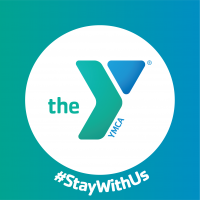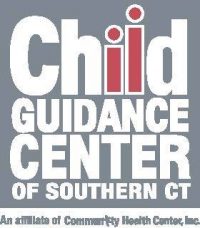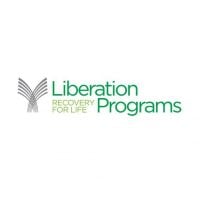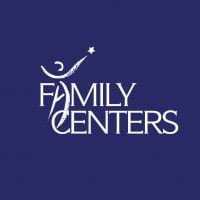List of Alcohol and Drug Treatment Facilities in Greenwich, Connecticut
There are many reasons why drug abuse is so prevalent in this area, but one of the most important factors is easy to access to drugs. Drugs are sold on the streets and in schools, and many people start using them at a young age. The most common drugs of abuse in Greenwich are heroin, cocaine, marijuana, and prescription painkillers.
Drug addiction is a chronic, relapsing brain disease that is characterized by compulsive drug seeking and use, despite harmful consequences. Drug addiction affects people from all walks of life, regardless of age, race, or socioeconomic status. If you are addicted to drugs, it is important to get help from a professional addiction treatment center.
Below we list all of the finest addiction rehab services and centers, each of them with special characteristics of their own. There’s opportunity for rehabilitation and a better future with a variety of drug and alcohol treatment services offered throughout the state, here’s what we have for Greenwich.
Contact an Admissions Expert Today, Free.
We will help you find treatment based on your location, budget, and specific needs and help you get started safely.
Free + Confidential Consultation
Browse 6 Centers in Greenwich, Connecticut
The Addiction Recovery Center at Greenwich Hospital in Greenwich, Connecticut provides comprehensive inpatient and outpatient care for individuals facing addiction and substance abuse, offering a range of evidence-based treatments and support services, including medication management, therapy, specialized therapies, and relapse prevention.

The Addiction Recovery Center at Greenwich Hospital in Greenwich, Connecticut offers individualized inpatient and outpatient treatment for addiction and substance abuse, using evidence-based therapies and medically-assisted treatment to support clients on their journey to recovery.

The YMCA of Greenwich is a CARF-accredited facility in Connecticut providing outpatient levels of care for those looking to get sober, and accepting private health insurance for an affordable price.

Child Guidance Center of Southern Connecticut - Greenwich
The Child Guidance Center of Southern Connecticut - Greenwich is a premier rehabilitation center providing comprehensive and individualized addiction and mental health treatment, utilizing various care levels and support services to ensure long-term success for their patients.
Liberation Programs - Youth & Family Resources
Liberation Programs - Youth & Family Resources is an addiction treatment center in Connecticut that offers comprehensive services for adults and young people, including individual and group therapy, medication management, workshops and educational seminars, and family-based guidance programs with gender-specific and LGBTQI2-S+ affirmative care.



Family Centers is a nonprofit organization in Greenwich, Connecticut that provides comprehensive health and human services, including substance abuse and addiction treatment services, and has achieved several accreditations and awards.
Drug and Alcohol Treatment in Greenwich, CT
Drug rehab facilities provide patients with the tools and resources they need to overcome addiction and live a healthy, sober life. Treatment options vary from facility to facility, but may include counseling, behavioral therapy, medication-assisted treatment, and relapse prevention programs.
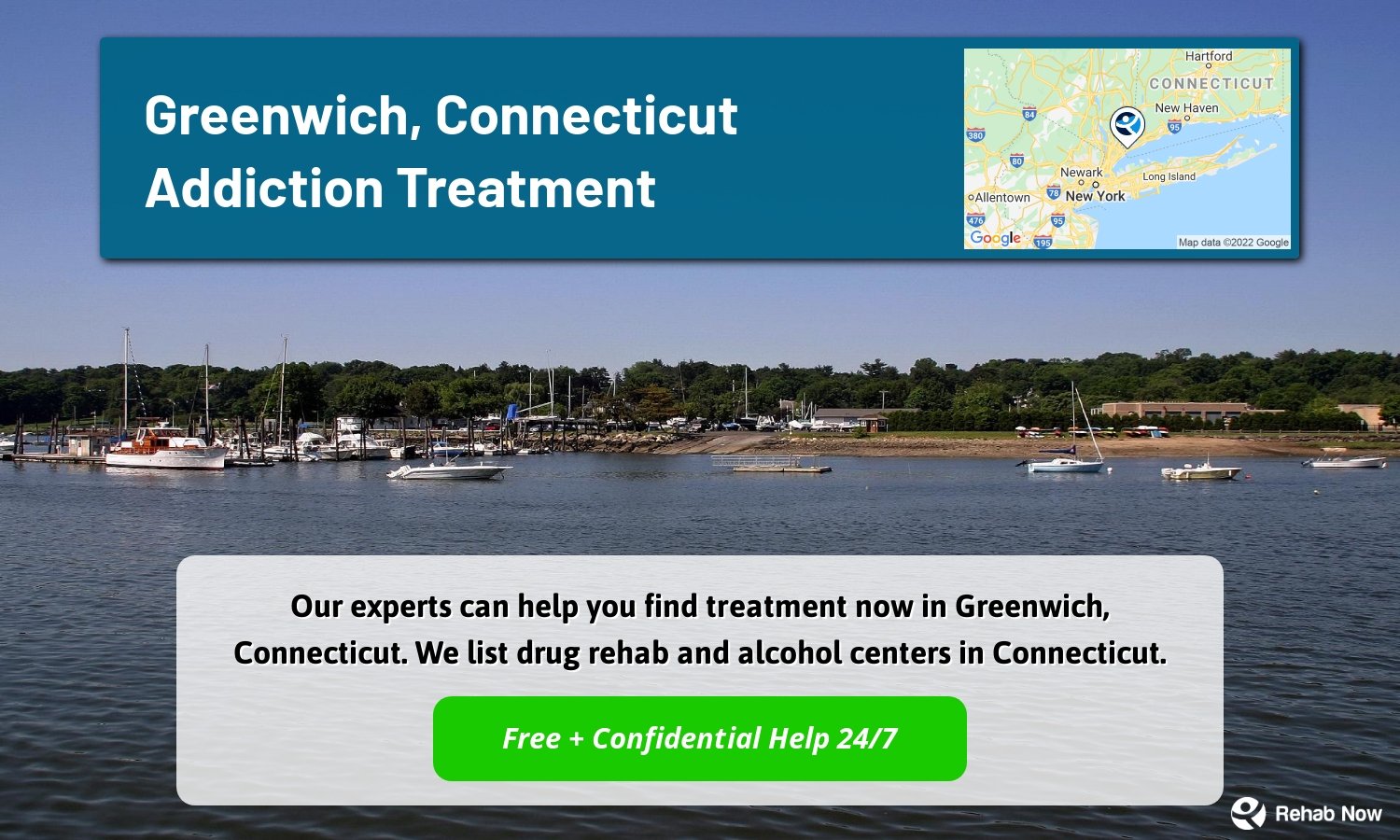
What Types of Treatment Are Available in Greenwich, Connecticut?
There are a number of drug treatment options available for someone looking to get sober in Greenwich, Connecticut. Some of the most common treatment programs include inpatient rehab, outpatient rehab, and 12-step programs.
Inpatient rehab is a residential treatment program where you live at the facility for the duration of your treatment. This type of program is ideal for people who are struggling with addiction and have a history of relapse.
Outpatient rehab is a less-intensive treatment program where you visit the facility for treatment sessions, but do not live there. This type of program is ideal for people who have a stable home environment and are able to commit to treatment.
12-step programs are support groups that are based on the principles of Alcoholics Anonymous (AA). These programs offer a community of support and can be helpful for people who are struggling with addiction.
Drug Abuse Statistics in Greenwich, Connecticut
The NIDA reports that in 2018, 9% of young adults in the state reported using an illicit drug in the past month, which is higher than the national average of 7.8%. Additionally, 6.3% of people over 12 in Greenwich reported being dependent on or abusing prescription drugs in the past year, and 8.7% of people reported using marijuana in the past month.
According to the Greenwich Police Department, there were over 1,000 drug-related arrests in 2018. Most of these arrests were for 56% for possession, 27% for sale/manufacture, and 17% for trafficking.
- 21% of high school students in Greenwich admit to using illicit drugs.
- 56% of drug arrests are for possession of marijuana.
- 32% of adults are binge drinking for 5 or more days in a month.
- 15% of accidental deaths for people under 25 are caused by drug overdoses.
Additional Treatment Centers in Connecticut
Connecticut has a higher rate of substance abuse and addiction than the national average. The state ranks in the top 10 in the country for illicit drug dependence among those ages 18 to 25. In 2010, there were 9,211 people admitted to an alcohol treatment facility for alcohol abuse combined with a secondary drug. Connecticut ranked fifth in the United States of America for the number of fatalities involving drunk driving in 2014.
Still haven't found the right recovery center? Browse nearby Connecticut cities.
- Stafford Springs, CT (94.6 mi.)
- Wethersfield, CT (68.5 mi.)
- Manchester, CT (77.1 mi.)
- Old Saybrook, CT (67.3 mi.)
- Cobalt, CT (66.8 mi.)
- East Hartford, CT (73.0 mi.)
- Litchfield, CT (54.4 mi.)
- Windsor, CT (76.3 mi.)
- Bridgeport, CT (25.1 mi.)
- Milford, CT (32.5 mi.)
- Chester, CT (64.9 mi.)
- Danbury, CT (26.6 mi.)
- New Haven, CT (51)
- Hartford, CT (46)
- Bridgeport, CT (35)
- Waterbury, CT (31)
- Norwalk, CT (25)
- New Britain, CT (24)
- Middletown, CT (22)
- Norwich, CT (16)
How Treatment Facility Look Like
The exterior of a typical drug treatment facility may be anything from a nondescript building in an industrial area to a beautiful estate in a rural setting. But the interior is likely to be spare, with few or no decorations. The focus is on practicality and function, not comfort or aesthetics.
The rooms are typically small and simple, with basic furniture and nothing that could be considered a luxury. There is usually one shared bathroom for every four or five residents. Meals are served in a cafeteria-style setting, and snacks and drinks are available throughout the day.
There is usually a staff lounge where employees can relax between shifts, as well as classrooms, meeting rooms, and offices for staff use. Patients are not allowed to have personal belongings such as cell phones, laptops, or tablets, and there is usually a secure locker room where they can store their belongings when they are not in use.
The staff at a drug treatment facility is typically highly trained and experienced in helping people overcome addiction. They may include nurses, counselors, doctors, psychiatrists, and social workers.
Typical Day in a Drug Treatment Facility
A typical day in a drug treatment facility may vary depending on the type of program, but there are some common elements. Patients typically wake up early and have breakfast before starting their day’s activities. This may include attending group therapy sessions, meeting with a counselor, or participating in a job skills training program.
Lunch is typically served in the early afternoon, and patients then have some free time before their next scheduled activity. This may be another group therapy session, meeting with a doctor or therapist, or working in the facility’s garden or kitchen.
Dinner is served in the evening, after which patients may have more free time or participate in a structured activity such as Alcoholics Anonymous (AA) meetings or meditation. Lights out is typically around 10 pm.
How Drug Treatment Facilities Help Patients Overcome Addiction
Drug treatment facilities help patients overcome addiction by providing a safe and supportive environment where patients can focus on their recovery. Patients typically attend rehab for a period of time, usually 30 to 90 days, and receive individual and group counseling as well as medication-assisted treatment, if necessary.
Drug treatment facilities also provide patients with access to resources and support services that can help them stay sober after leaving the facility. These resources and services may include 12-step programs, transitional housing, employment assistance, and counseling.
Types of Drug Treatment Facilities
There are many different types of drug treatment facilities, and the best one for you will depend on your specific needs. Some common types include:
State-funded rehab centers: These facilities are typically located in rural areas and offer free or low-cost treatment.
Private rehab centers: These facilities offer luxurious accommodations and a wide range of treatment options. They can be expensive but may be covered by insurance.
Military rehab centers: These facilities offer treatment for service members and their families. They specialize in treating addiction and PTSD.
Faith-based rehab centers: These facilities offer treatment based on religious principles. They typically have a lower staff-to-patient ratio and emphasize spiritual growth and healing.
How to Choose a Drug Treatment Facility
When you are looking for a drug treatment facility, it is important to do your research. You want to find a facility that will provide the best care for you or your loved one.
Some things to consider when choosing a drug treatment facility include:
- The type of treatment offered
- The length of the program
- The staff and their qualifications
- The location of the facility
- The cost of the program
- The insurance coverage
- The facilities and amenities offered
Finally, you should check to see if the facility has been accredited by the Joint Commission on Accreditation of Healthcare Organizations (JCAHO). Only accredited facilities are held to high standards of quality and safety.
What If I Can’t Afford a Drug Treatment Facility?
If you can’t afford to pay for a drug treatment facility, there are many options available. State-funded rehab centers offer free or low-cost treatment, and many private rehab centers offer scholarships or financing options. You can also check with your insurance company to see if they cover drug treatment.
If you are unable to get help from a drug treatment facility, there are other resources available. The Substance Abuse and Mental Health Services Administration (SAMHSA) offers grant programs for those in need of addiction treatment. The National Institute on Drug Abuse (NIDA) also offers a variety of resources for those seeking addiction treatment.
Our experts can help you find treatment now in Greenwich, Connecticut. We list drug rehab and alcohol centers in Connecticut. (888) 674-0062.

